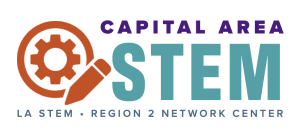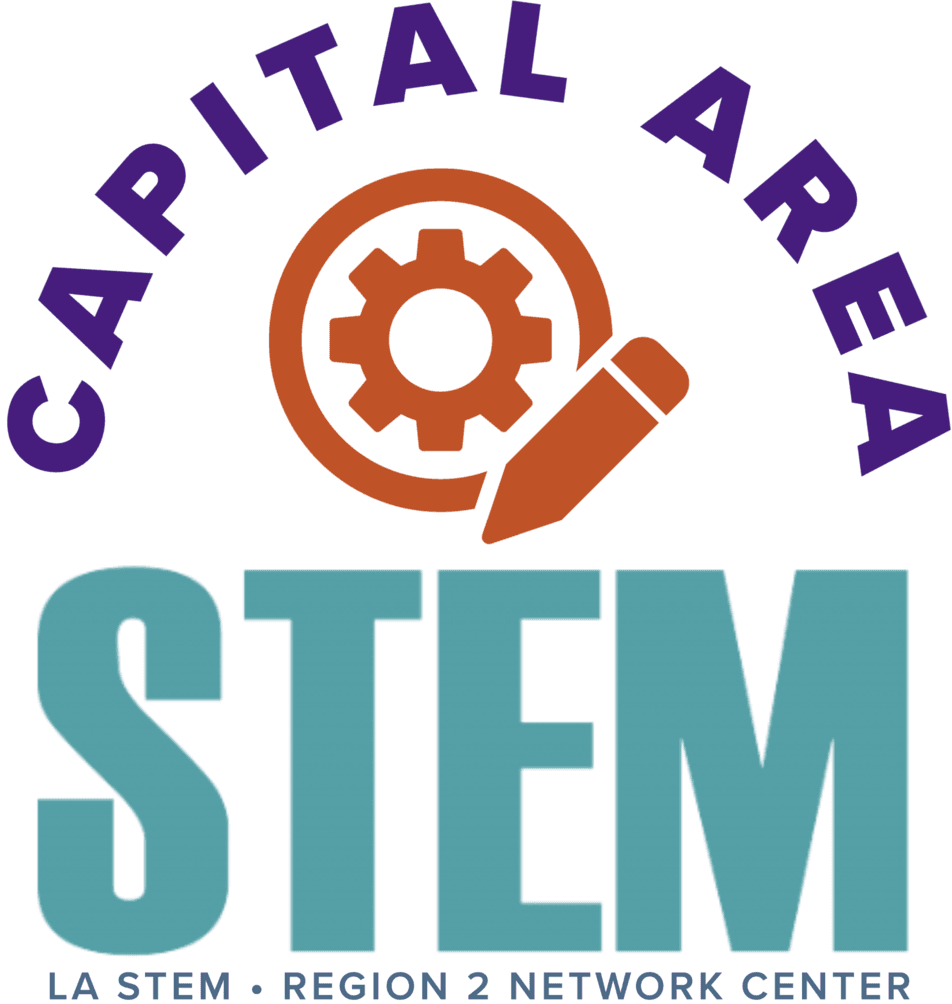
Future Use of Energy in Louisiana, designed to position the state as a global leader in energy transition, is offering grants of $100,000 to $125,000 to help entrepreneurs prove their clean energy projects can be commercialized.
The grants come with mentoring and technical assistance to help entrepreneurs commercialize their discoveries. FUEL will fund innovations in six areas:
- Reduction of Industrial CO2 Emissions through Carbon Capture, Usage, and Subsurface Sequestration (CCUS)
- Sustainable Industrial Hydrogen (H2) Economy
- Energy Efficiency and CO2 as a Feedstock
- Sustainable Water Management for Innovative Energy and Hydrogen Transition
- Structural Integrity and Sustainable Manufacturing for Energy and Hydrocarbon Transition
- Economic and Policy Research to Promote Decarbonization Pathways
“The Equitable Energy Transition Proof-of-Concept Fund represents a significant step toward a sustainable energy future,” said FUEL Executive Director Michael Mazzola. “The fund will provide critical support for entrepreneurs, enabling them to take their discoveries from early-stage research to market-ready solutions.”
Funding is available to individuals at Louisiana universities, Louisiana-based startups and companies that have a presence in the state.
For more information about the proof-of-concept fund, visit the website here or contact Stephen Loy at stephenloy@lsu.edu.
Interested in providing feedback? Please complete the FUEL survey here.
About FUEL
FUEL is a statewide effort led by LSU with more than 50 public and private partners, supported by a $160 million National Science Foundation grant – the largest and most competitive award in NSF history -- and $67.5 million in state funding. FUEL will work to solve emerging challenges in areas like carbon capture, transport and storage; hydrogen; use of carbon dioxide to produce low-carbon fuels and essential carbon-based products; water use and management; sustainable manufacturing; and policy development.
For more information, visit fuelouisiana.org.












